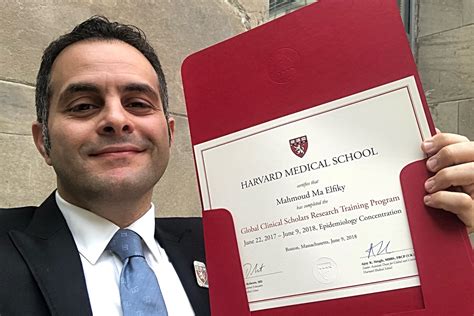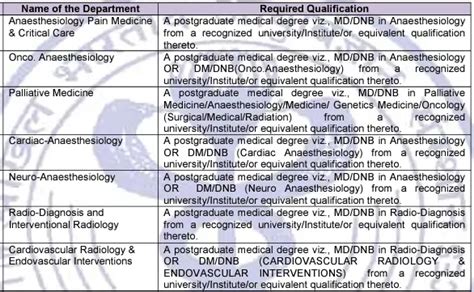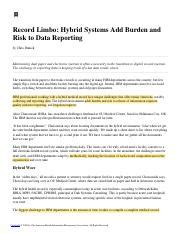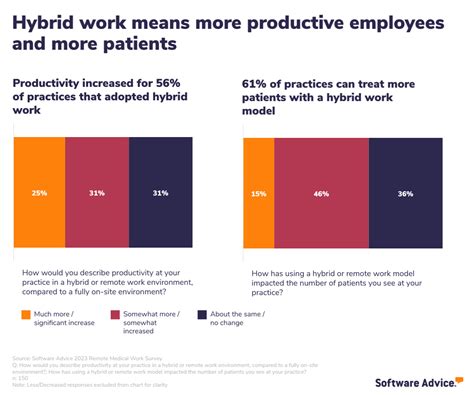5 Ways to Earn a Hybrid Medical Degree (MD)

Introduction to Hybrid Medical Degrees

In recent years, the medical field has seen a significant shift towards hybrid medical degrees, which combine traditional medical education with specialized training in a specific area. These programs are designed to provide students with a unique blend of clinical and academic experience, preparing them for careers in research, academia, or clinical practice. In this article, we will explore five ways to earn a hybrid medical degree (MD) and the benefits of pursuing such a program.
What is a Hybrid Medical Degree?

A hybrid medical degree is a type of medical degree that combines elements of traditional medical education with specialized training in a specific area, such as research, public health, or business. These programs are designed to provide students with a broad range of skills and knowledge, preparing them for careers in multiple fields.
5 Ways to Earn a Hybrid Medical Degree

1. MD/PhD Program

An MD/PhD program is a type of hybrid medical degree that combines a traditional medical degree with a doctoral degree in a specific field, such as biomedical research or public health. These programs typically take 7-10 years to complete and provide students with advanced training in research methods and scientific inquiry.
- Benefits:
- Advanced research training
- Opportunities for academic and research careers
- Preparation for leadership roles in medicine and research
- Eligibility:
- Bachelor’s degree in a science-related field
- MCAT scores
- Research experience
2. MD/MBA Program

An MD/MBA program is a type of hybrid medical degree that combines a traditional medical degree with a master’s degree in business administration. These programs provide students with advanced training in business and management, preparing them for careers in healthcare administration or entrepreneurship.
- Benefits:
- Advanced business training
- Opportunities for leadership roles in healthcare administration
- Preparation for entrepreneurial ventures in healthcare
- Eligibility:
- Bachelor’s degree in a science-related field
- MCAT scores
- Business experience
3. MD/MPH Program

An MD/MPH program is a type of hybrid medical degree that combines a traditional medical degree with a master’s degree in public health. These programs provide students with advanced training in public health principles and methods, preparing them for careers in healthcare policy, epidemiology, or global health.
- Benefits:
- Advanced public health training
- Opportunities for careers in healthcare policy and epidemiology
- Preparation for global health work
- Eligibility:
- Bachelor’s degree in a science-related field
- MCAT scores
- Public health experience
4. MD/MS Program

An MD/MS program is a type of hybrid medical degree that combines a traditional medical degree with a master’s degree in a specific field, such as biomedical engineering or medical informatics. These programs provide students with advanced training in a specific area, preparing them for careers in research, academia, or industry.
- Benefits:
- Advanced training in a specific field
- Opportunities for careers in research and academia
- Preparation for industry careers in healthcare technology
- Eligibility:
- Bachelor’s degree in a science-related field
- MCAT scores
- Research experience
5. Combined MD Programs

Combined MD programs are a type of hybrid medical degree that combines a traditional medical degree with specialized training in a specific area, such as medical humanities or medical ethics. These programs provide students with advanced training in a specific area, preparing them for careers in academia, research, or clinical practice.
- Benefits:
- Advanced training in a specific area
- Opportunities for careers in academia and research
- Preparation for leadership roles in clinical practice
- Eligibility:
- Bachelor’s degree in a science-related field
- MCAT scores
- Research experience
Conclusion

Earning a hybrid medical degree can provide students with advanced training in a specific area, preparing them for careers in multiple fields. Whether you’re interested in research, academia, or clinical practice, there are many ways to earn a hybrid medical degree. By considering your interests and career goals, you can choose the right program for you.
What is the difference between an MD/PhD program and an MD/MBA program?

+
An MD/PhD program combines a traditional medical degree with a doctoral degree in a specific field, such as biomedical research or public health. An MD/MBA program combines a traditional medical degree with a master’s degree in business administration.
How long does it take to complete a hybrid medical degree program?

+
Hybrid medical degree programs can take anywhere from 5-10 years to complete, depending on the specific program and field of study.
What are the benefits of earning a hybrid medical degree?

+
Earning a hybrid medical degree can provide students with advanced training in a specific area, preparing them for careers in multiple fields. Hybrid medical degrees can also provide students with opportunities for leadership roles in medicine and research.



